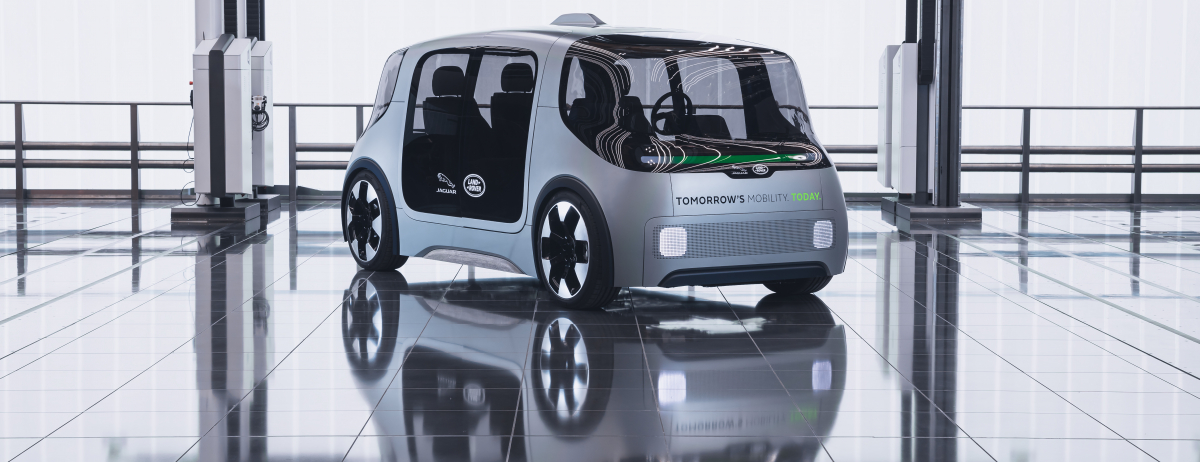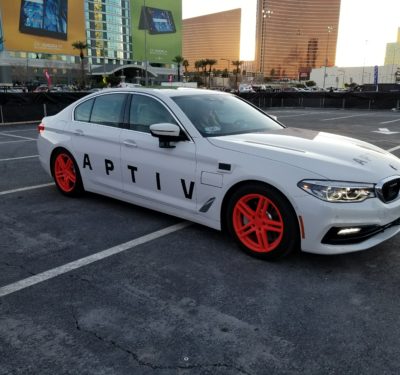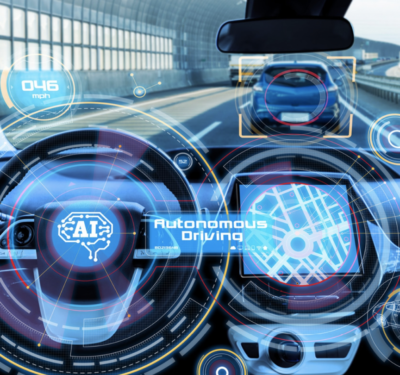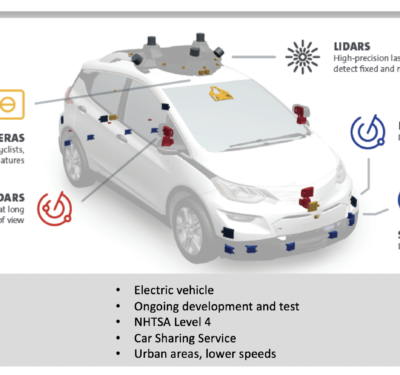
The United Kingdom based Jaguar Land Rover recently unveiled a new concept vehicle that’s designed to make societies safer and healthier through improved urban mobility.
The flexible, multi-use electric vehicle, Project Vector, is autonomy-ready and part of the company’s Destination Zeromission, according to a news release. The goal is to create a future for urban mobility with zero emissions, zero accidents and zero congestion.
The compact vehicle concept is designed for efficient city driving. All of its battery and drivetrain components are packaged into a flat floor to enable a variety of uses. The interior cabin space allows for private seating or shared use. The vehicle also has potential for commercial applications, such as last mile deliveries.
The Project Vector concept was developed at the National Automotive Innovation Centre at the University of Warwick in Coventry, allowing for close collaboration with academic and external partners. Project Vector is also meant to address common future mobility concerns, such as how customers will connect with mobility services and what infrastructure will be required to fully integrate autonomous vehicles into cities.
In the future, urban travel will include owned and shared vehicles, ride hailing, on-demand services and public transport. In Jaguar’s vision of the future, its vehicle will be a flexible part of that network. The company plans to collaborate with Coventry City Council and the West Midlands Combined Authority to plan a mobility service from late 2021 as a living laboratory for future mobility in Coventry.
“Jaguar Land Rover understands the trends shaping modern societies,” Jaguar Land Rover CEO Prof Sir Ralf Speth said, according to the release. “Project Vector shows Jaguar Land Rover as a leader in innovation to make our societies safer and healthier, and the environment cleaner. Through this project, we are collaborating with the brightest minds in academia, supply chain and digital services, to create connected, integrated mobility systems – the fundamental building blocks for Destination Zero.”






